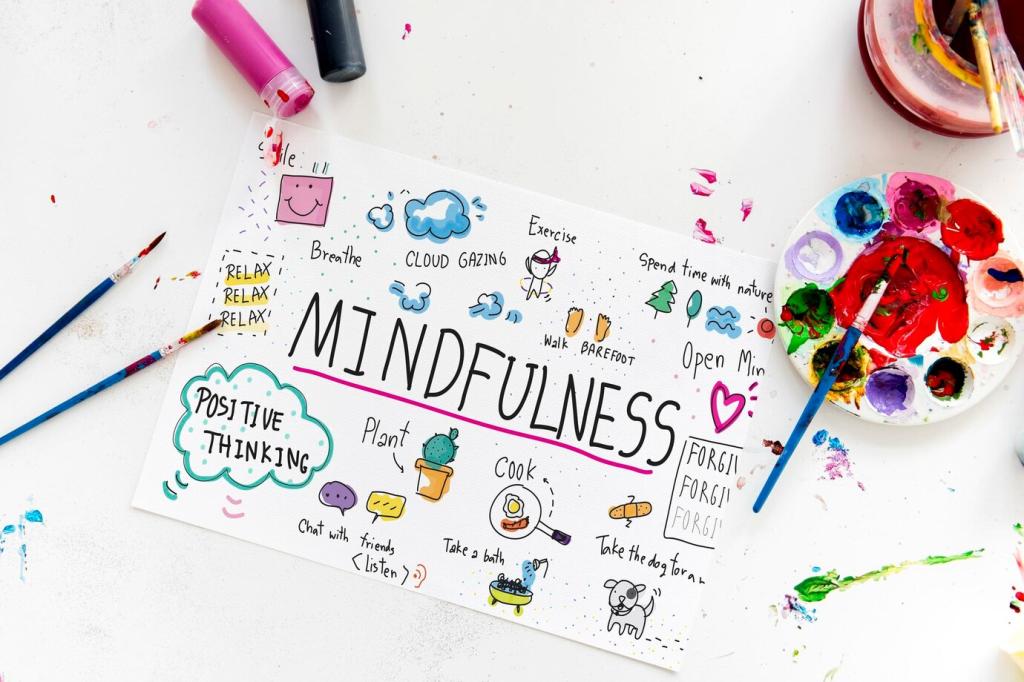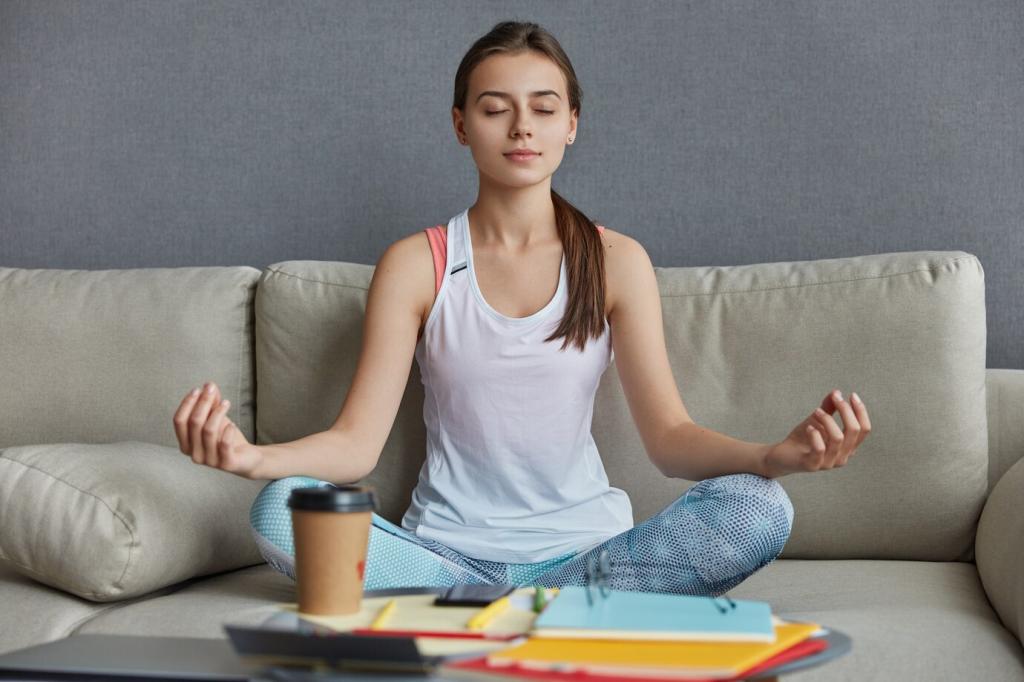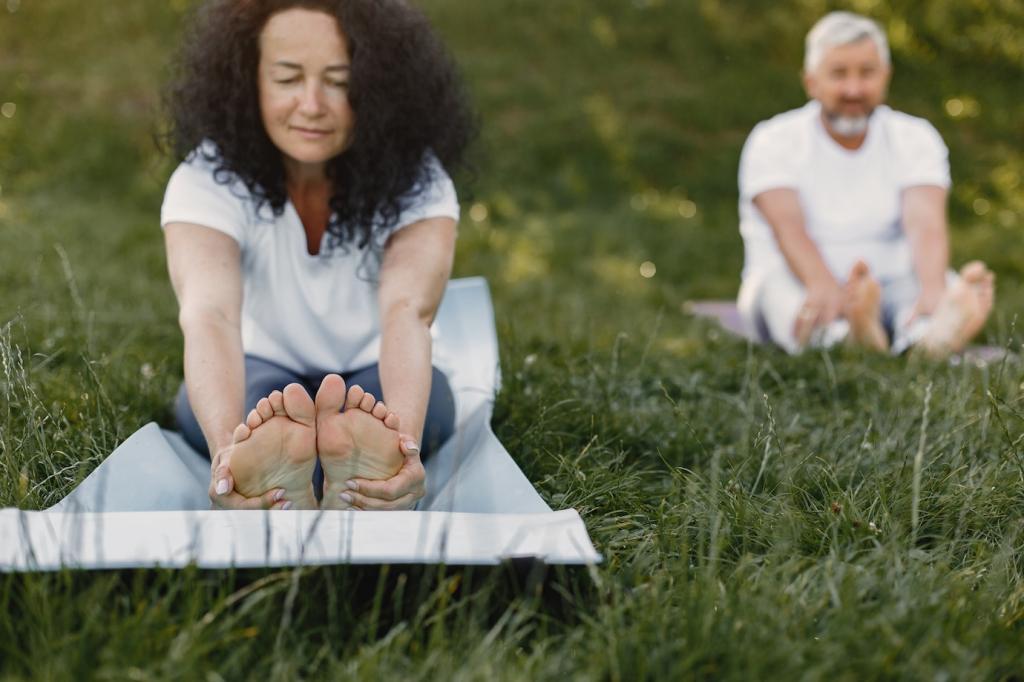How Long Should I Meditate at the Start?
Begin with two to five minutes a day for the first week. Short sessions lower resistance and make showing up easy. Over time, the feeling of mental space becomes its own motivation, inviting you to sit a little longer without pressure.
How Long Should I Meditate at the Start?
After a week or two of regular practice, try seven to ten minutes. If that feels sustainable, step up to fifteen. Think of it like adding pages to a book you enjoy—slowly, so you keep turning them tomorrow.





